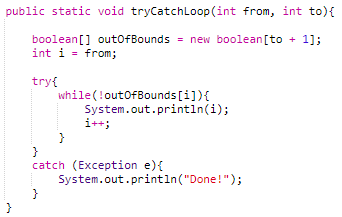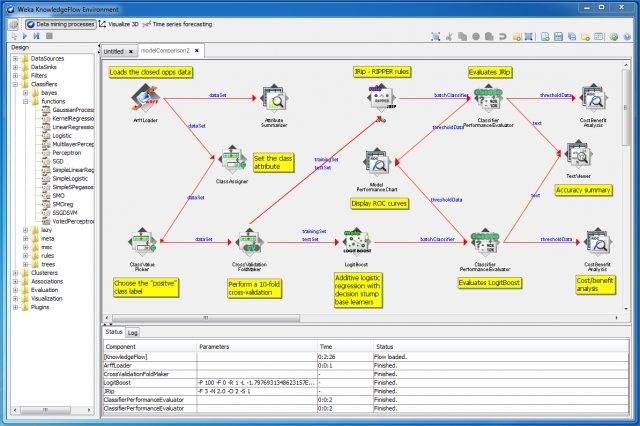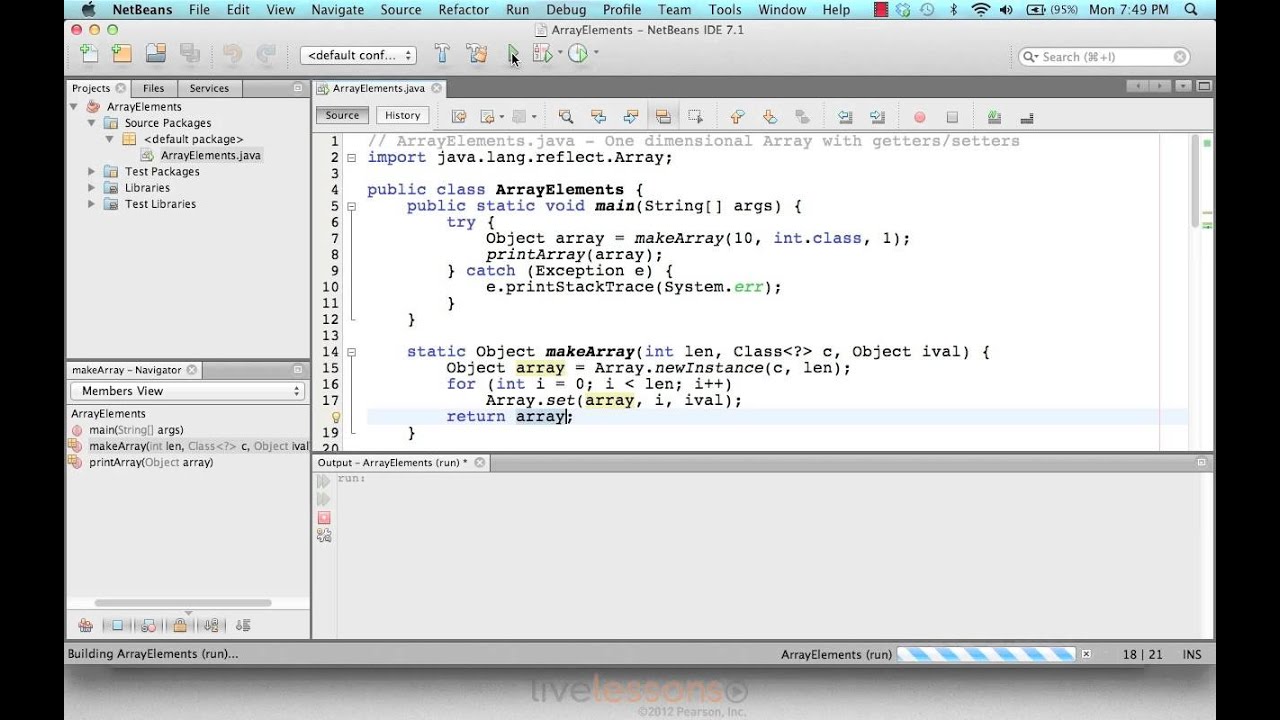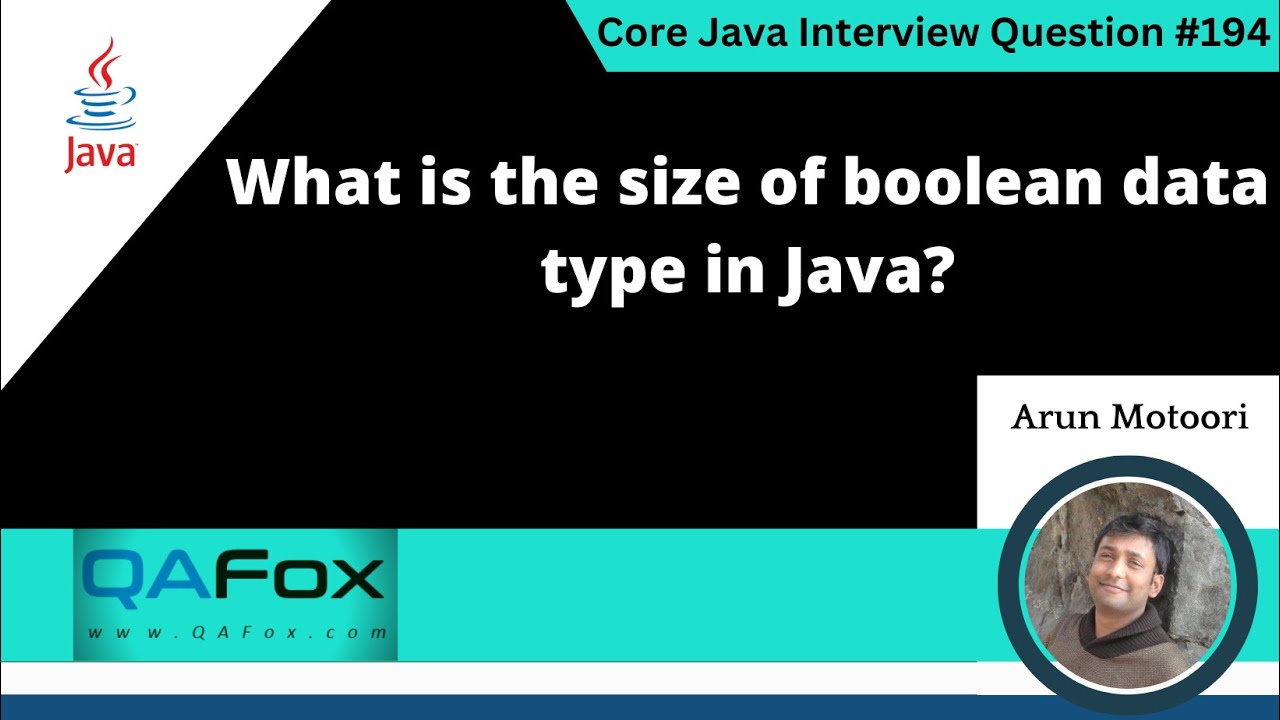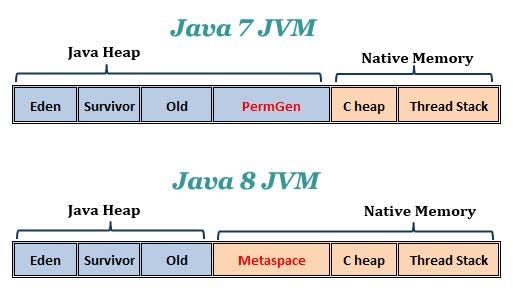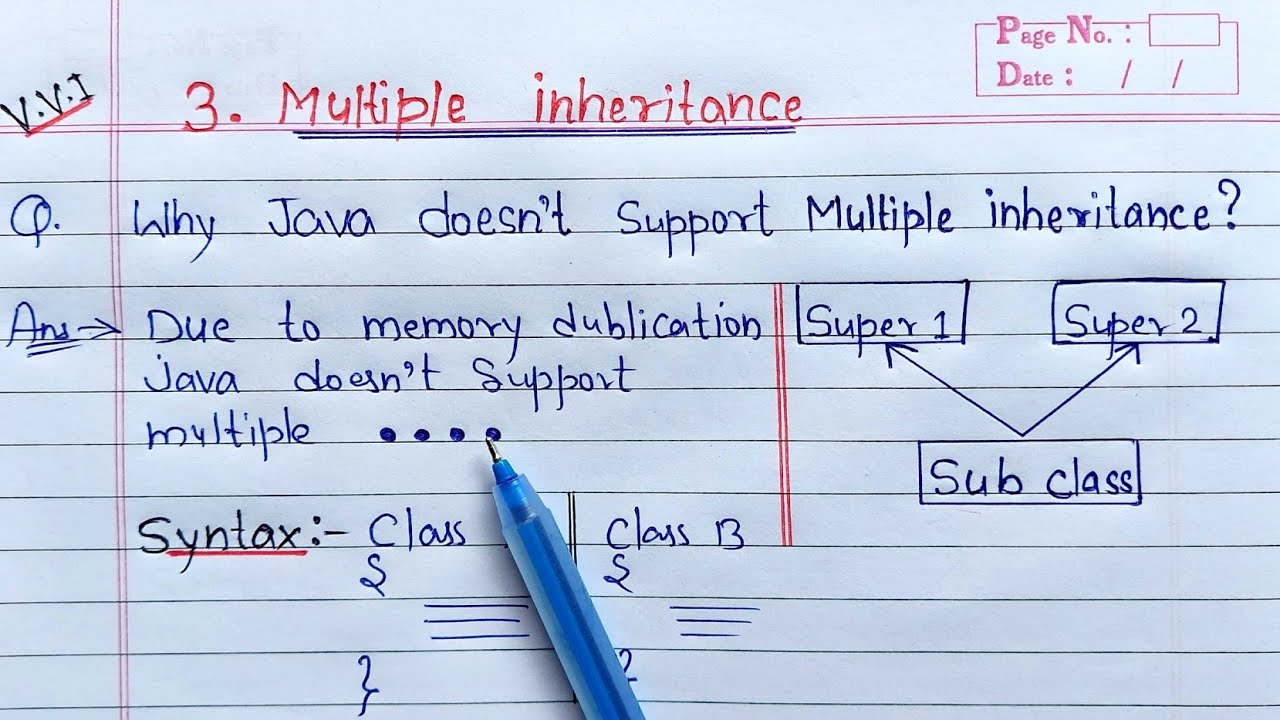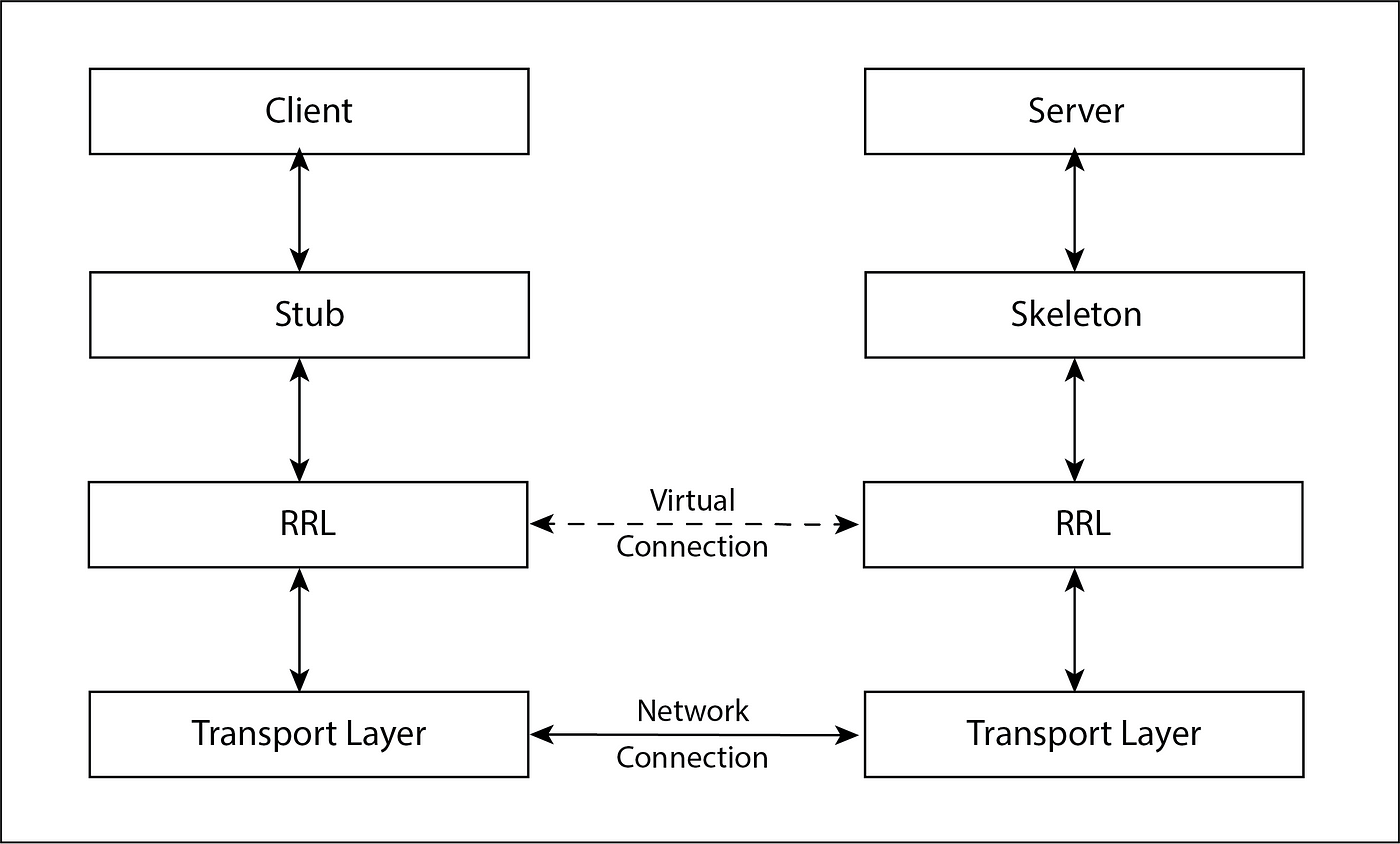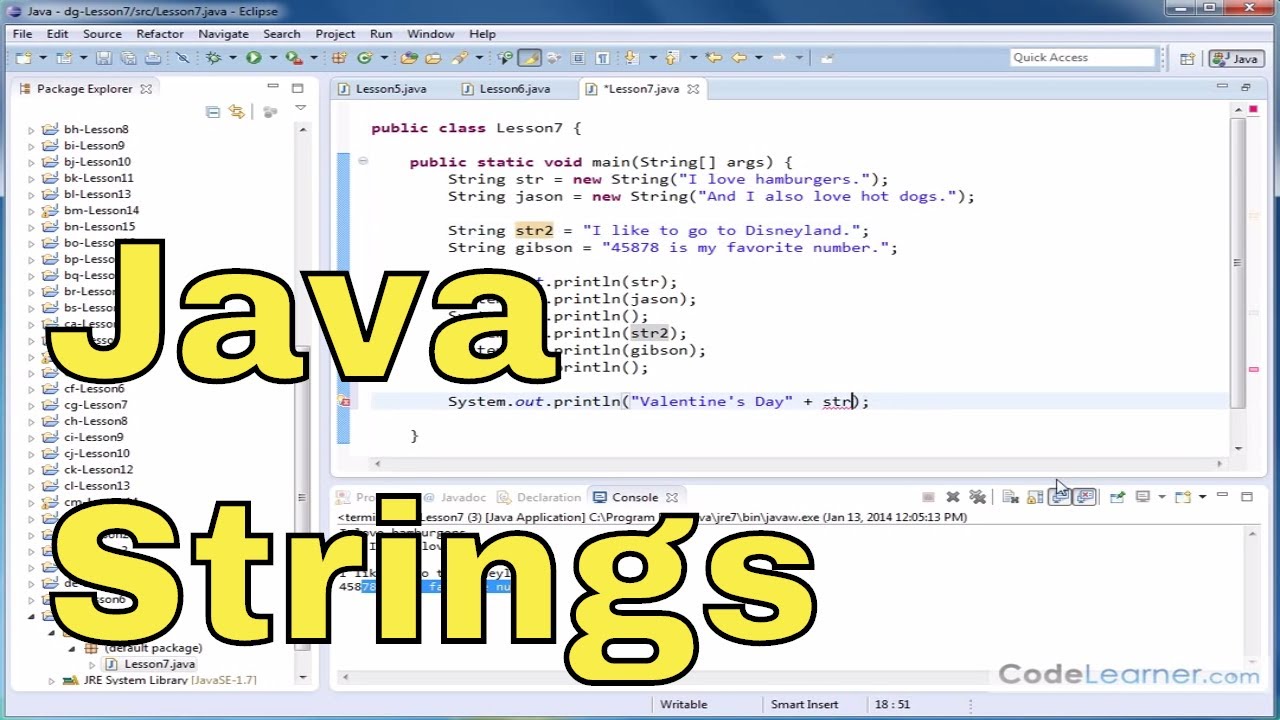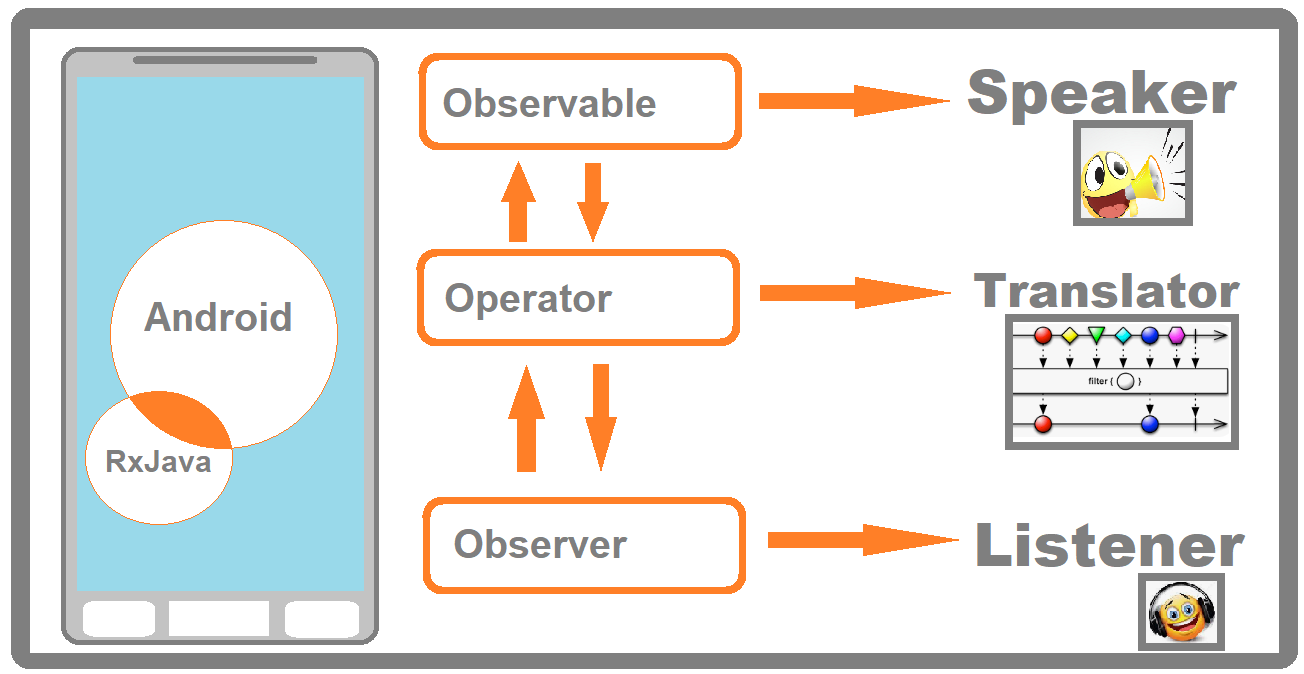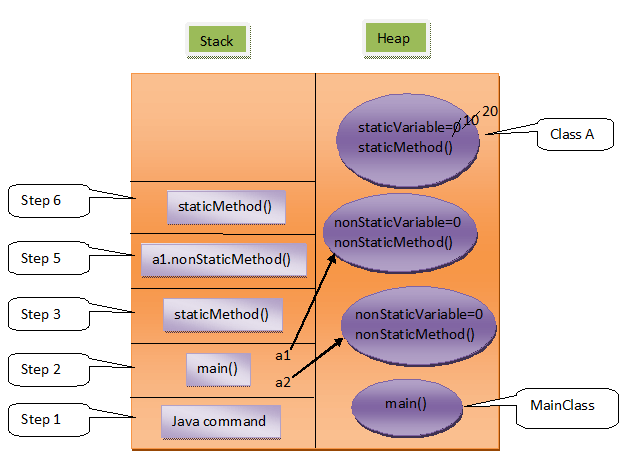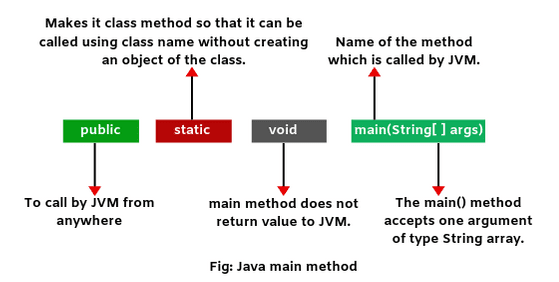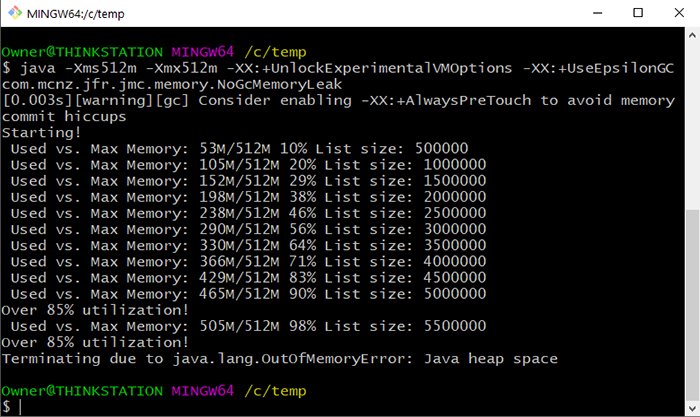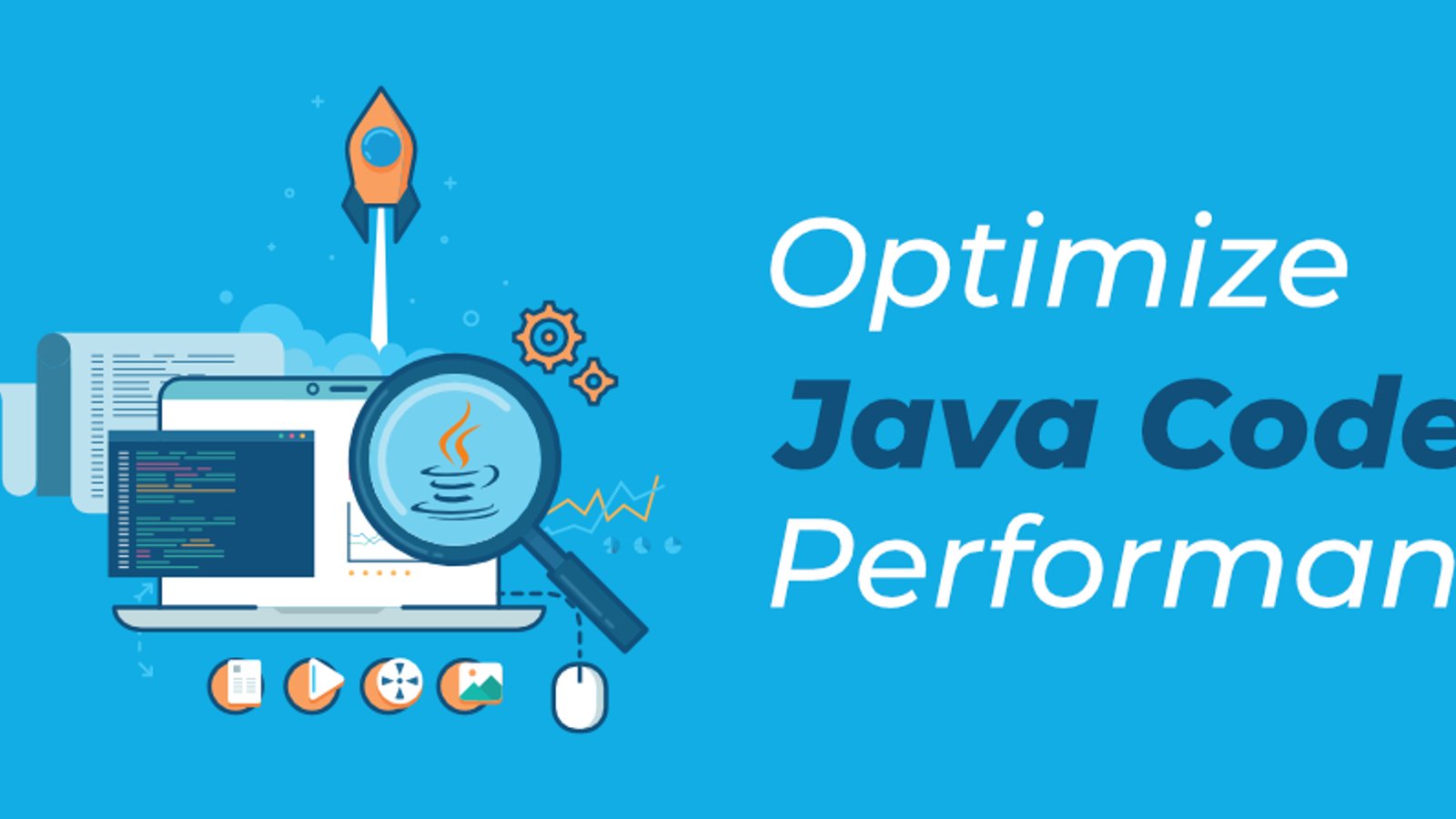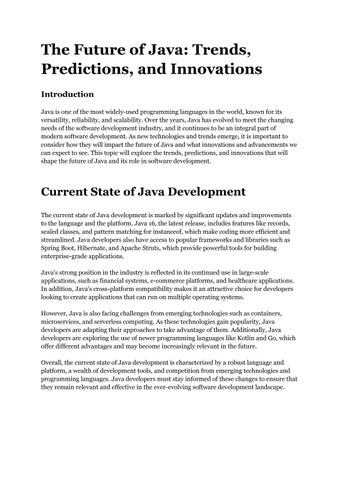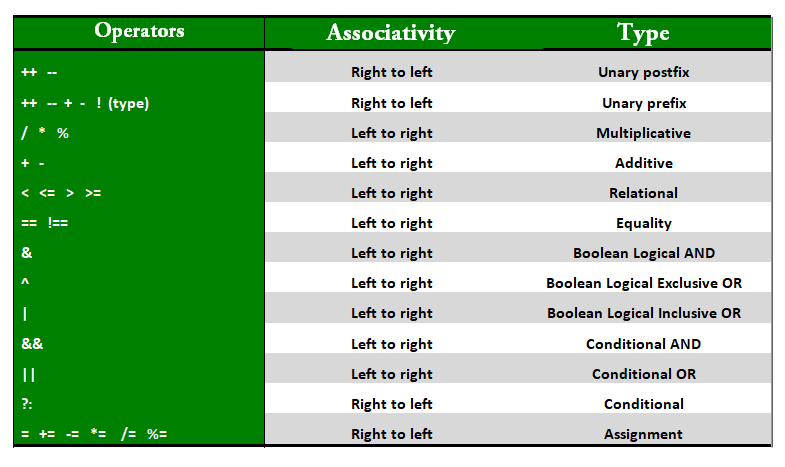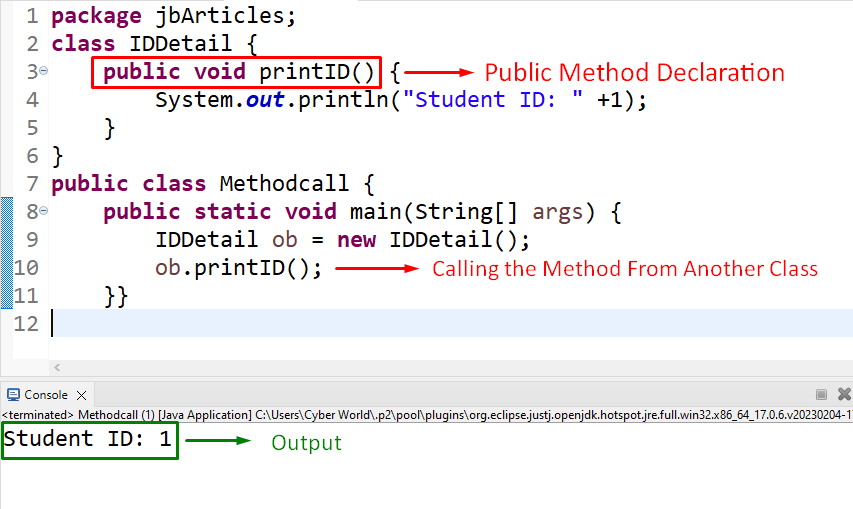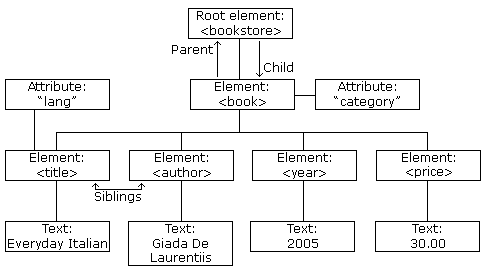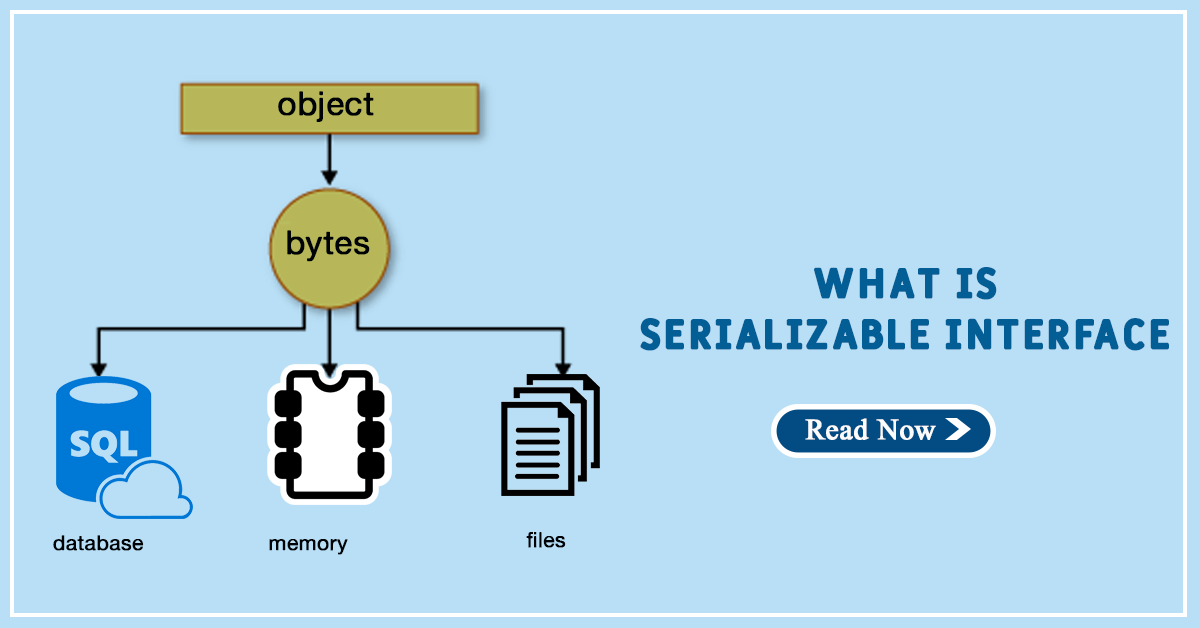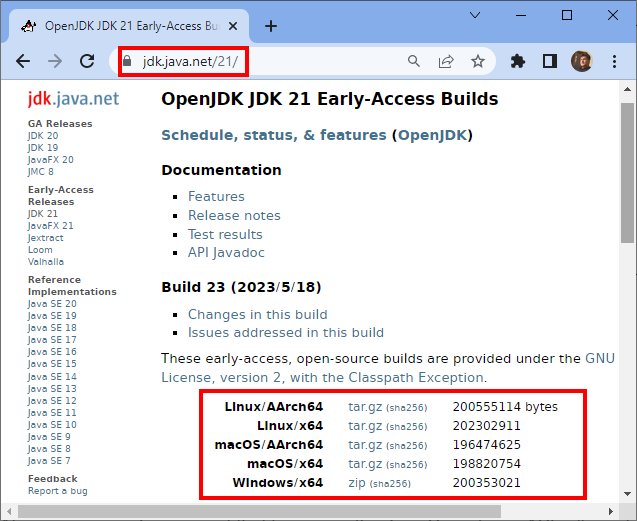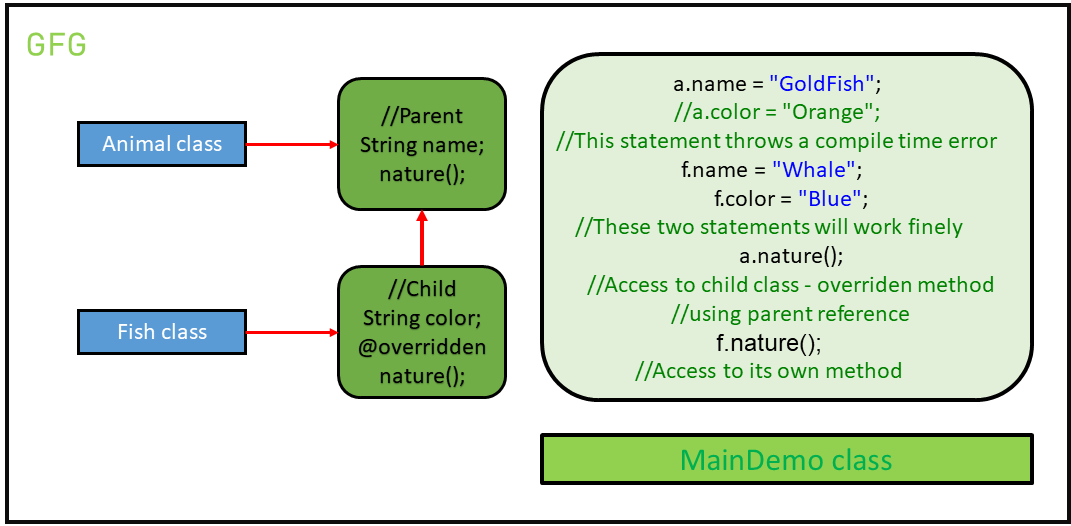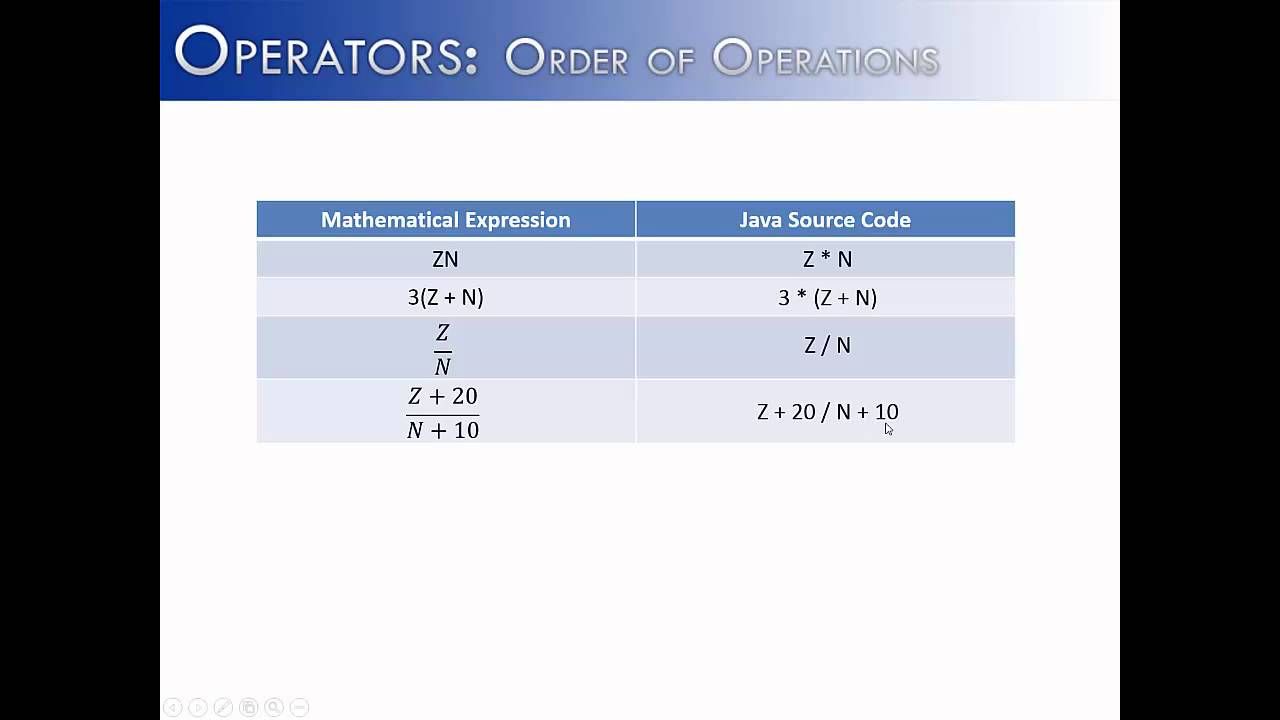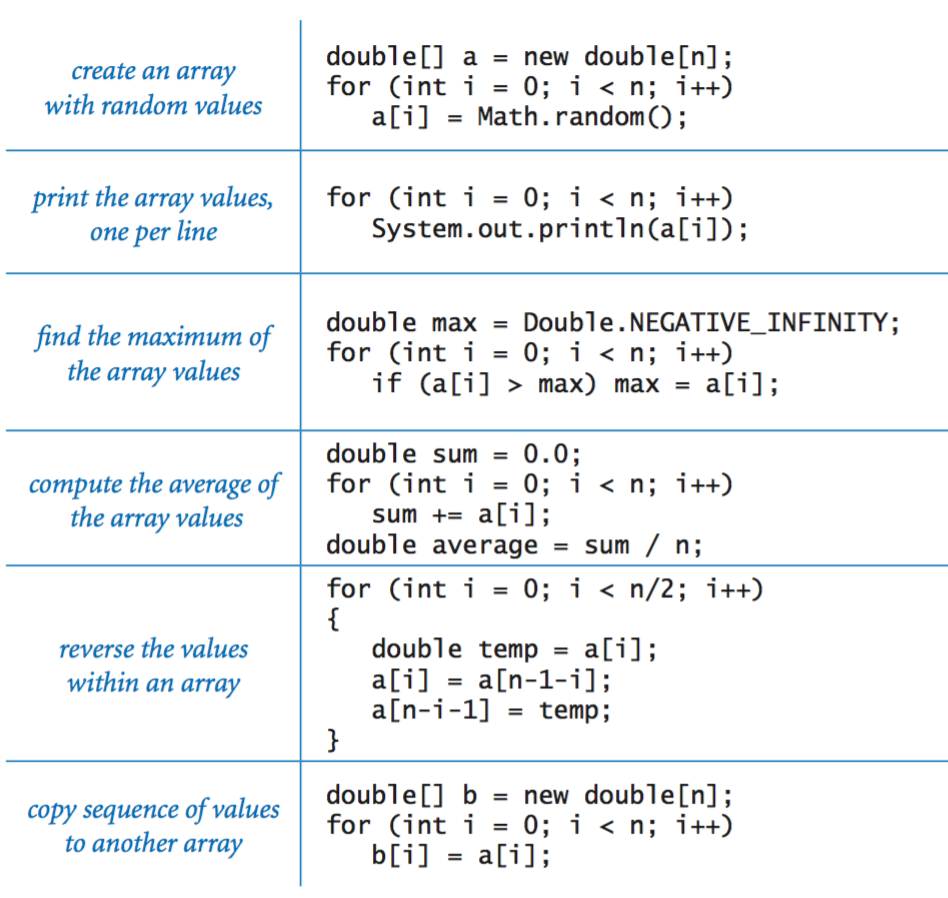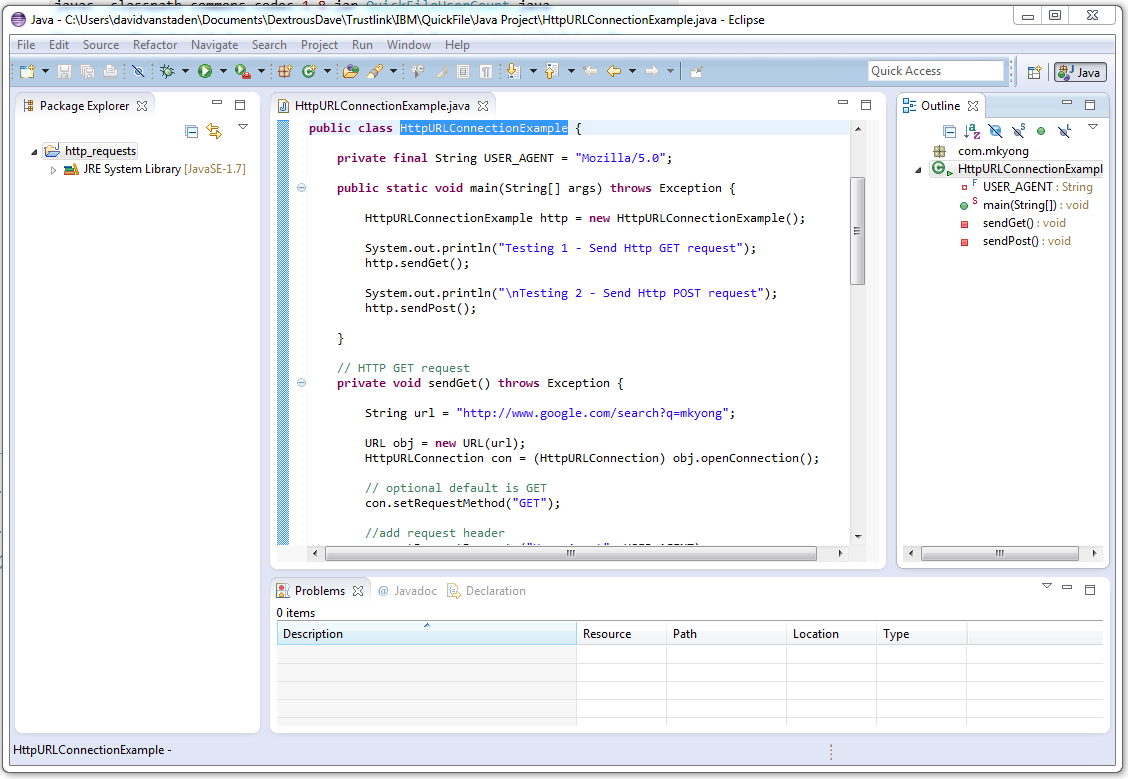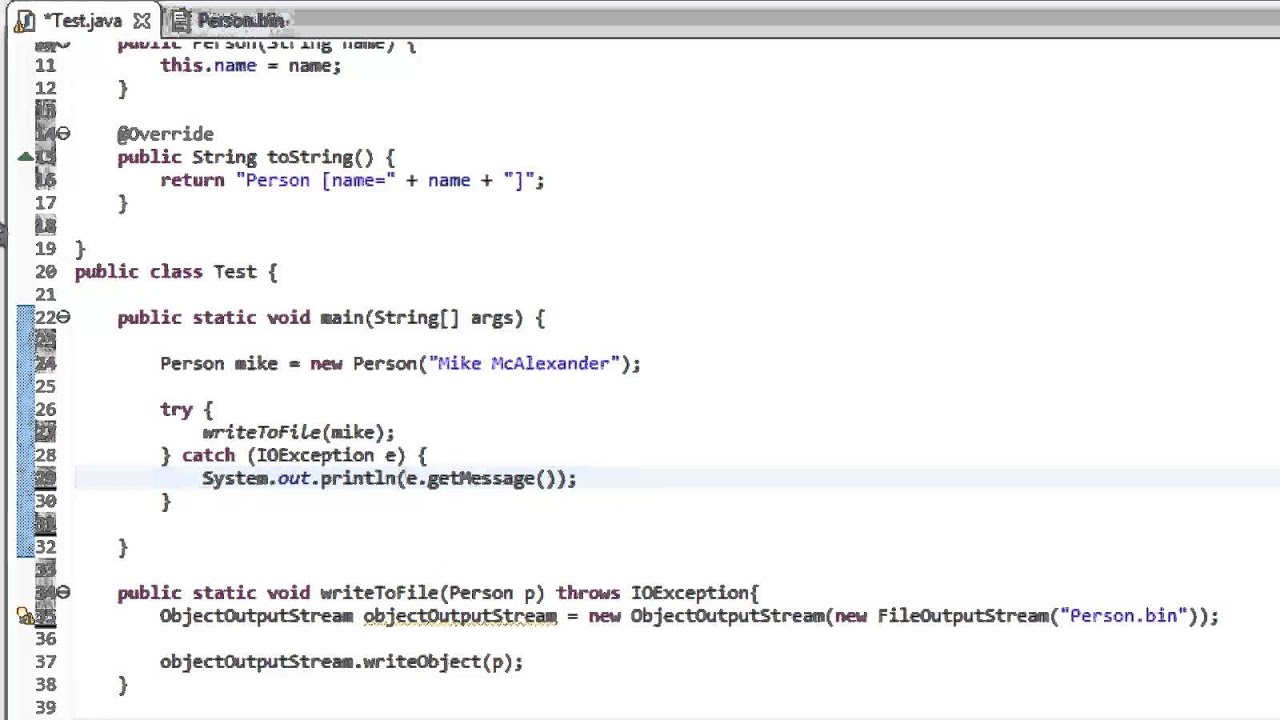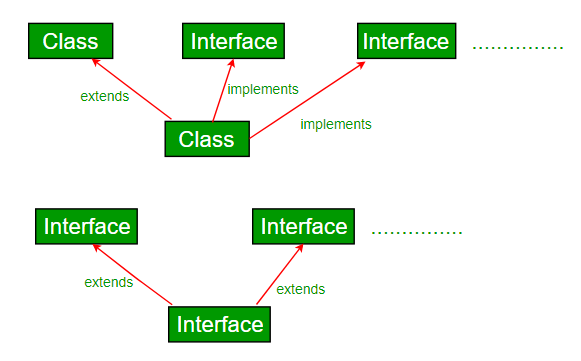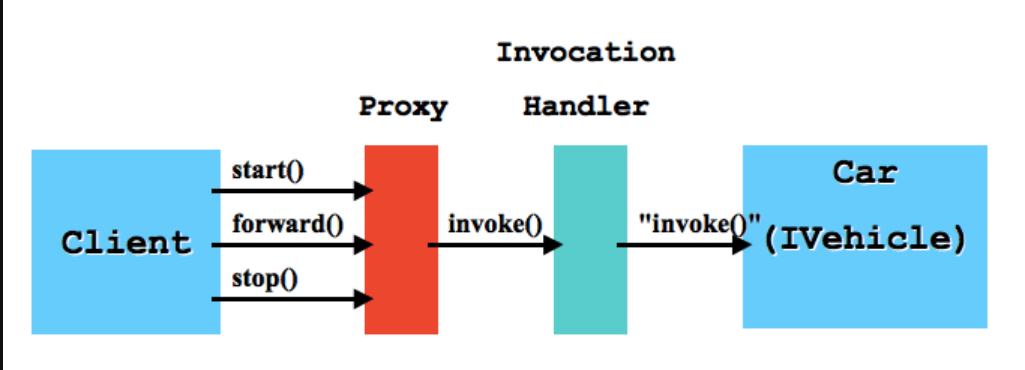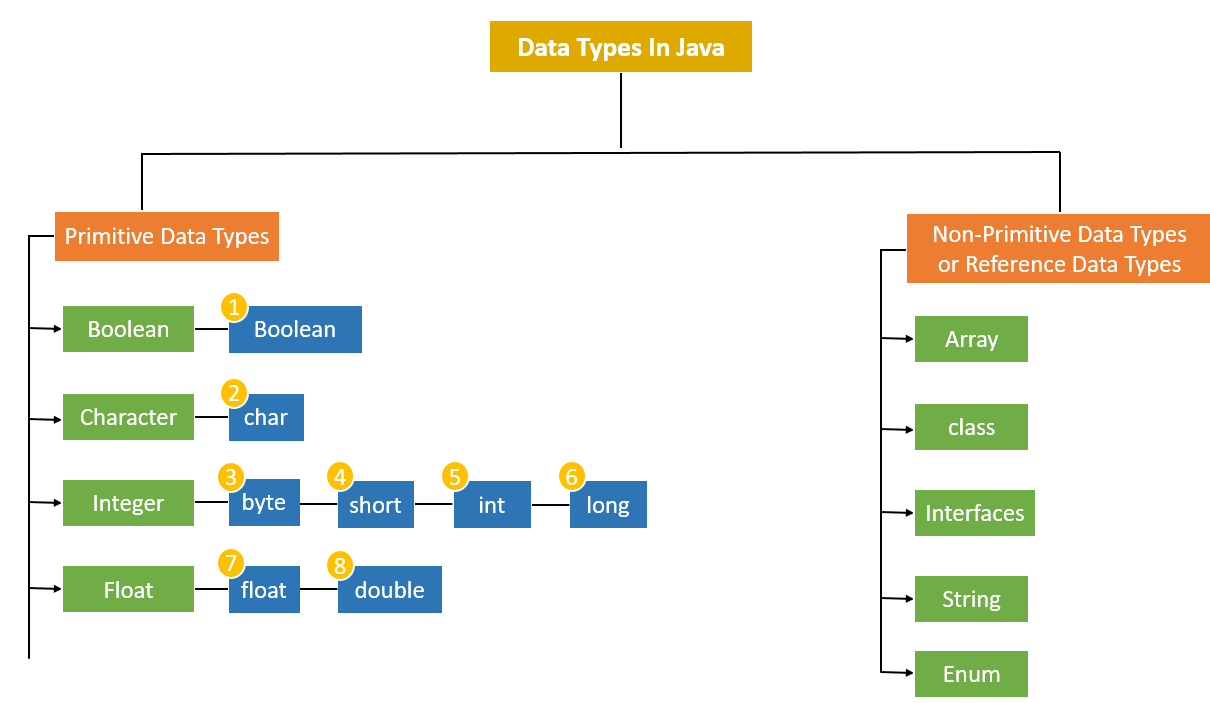What are Java 8 functions?
What are Java 8 functions?
Java 8 functions are a significant improvement over traditional Java programming style, introduced in Java SE 8 (also known as Java 1.8). They provide a more functional and expressive way to write code, which is essential for scalable and maintainable software systems.
Prior to Java 8, programming was mainly done using the object-oriented paradigm, where classes and objects were used to structure code. However, with the increasing complexity of modern applications, traditional object-oriented programming (OOP) methods proved insufficient. This led to the introduction of functional programming concepts in Java, specifically the Function interface.
A Function is a special type of lambda expression that takes one or more input parameters and produces an output. They can be used to perform various operations on data without explicitly writing loops or conditional statements.
Java 8 functions are categorized into three main groups:
Unary Functions: These take a single input parameter and produce an output. Examples includeIntFunction, LongFunction, and Predicate.
Binary Functions: These take two input parameters and produce an output. Examples includeIntFunction square = x -> x * x;System.out.println(square.apply(2)); // prints 4
ToIntBiFunction, ToLongBiFunction, and BiPredicate.
Higher-Order Functions: These are functions that take another function as an input or return a function as an output.ToIntBiFunction add = (x, y) -> x + y;System.out.println(add.applyAsInt(1, 2)); // prints 3
Predicate even = x -> x % 2 == 0;Predicate odd = x -> !even.test(x);
System.out.println(odd.test(5)); // prints true
Java 8 functions provide numerous benefits, including:
Concise Code: Functions can simplify your code by reducing the need for explicit loops or conditional statements. Readability: Well-named functions make your code easier to understand and maintain. Reusability: Functions can be reused in different contexts, promoting code reuse and minimizing duplication.In summary, Java 8 functions are a powerful tool that allows developers to write more expressive, concise, and reusable code. They provide a functional programming approach to traditional Java programming, which is essential for building scalable, maintainable software systems.
What are Java functions called?
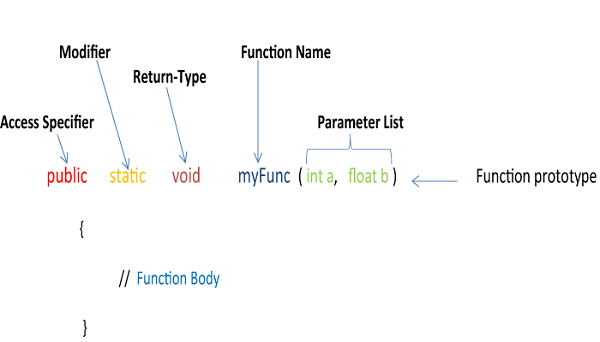
Java functions are typically referred to as "methods". A method is a block of code that performs a specific task, and can take arguments (also known as parameters) to customize its behavior. Methods are essentially self-contained pieces of code that can be executed independently of other parts of the program.
In Java, methods can be used to encapsulate complex logic or algorithms, making it easier to reuse them throughout your application. Methods can also help organize your code by grouping related tasks together.
Here are some key characteristics of Java methods:
Name: Each method has a unique name that identifies it. This name is used to call the method and execute its code. Parameters: Methods can accept zero or more parameters (also known as arguments) when they're called. These parameters are passed to the method as values, which can then be used within the method's code. Return type: Methods can return a value to the caller, indicated by thereturn statement. The returned value is typically a primitive data type or an object reference. Scope: A method's scope defines where it can access variables and objects from other parts of your program. There are several types of scope in Java, including: Local scope: Methods have their own local scope, which means they can only access variables declared within that method (or its enclosing class). Instance scope: Instance methods can access instance variables, but not static variables. Static scope: Static methods can access both instance and static variables. Calling conventions: There are two primary ways to call a Java method: Static method invocation: You can call a static method using the class name, followed by dot notation (e.g., Math.random()). Instance method invocation: You need an instance of the class to call an instance method (e.g., myObject.myMethod()).
Some common types of Java methods include:
Constructors: Special methods that initialize objects when they're created. Getters and setters: Methods that provide read-only or write-only access to object properties (i.e., fields). Utility methods: General-purpose methods that perform specific tasks, such as data conversions or formatting.In summary, Java functions are known as "methods", which are essential building blocks for organizing, reusing, and executing code in a Java application.
